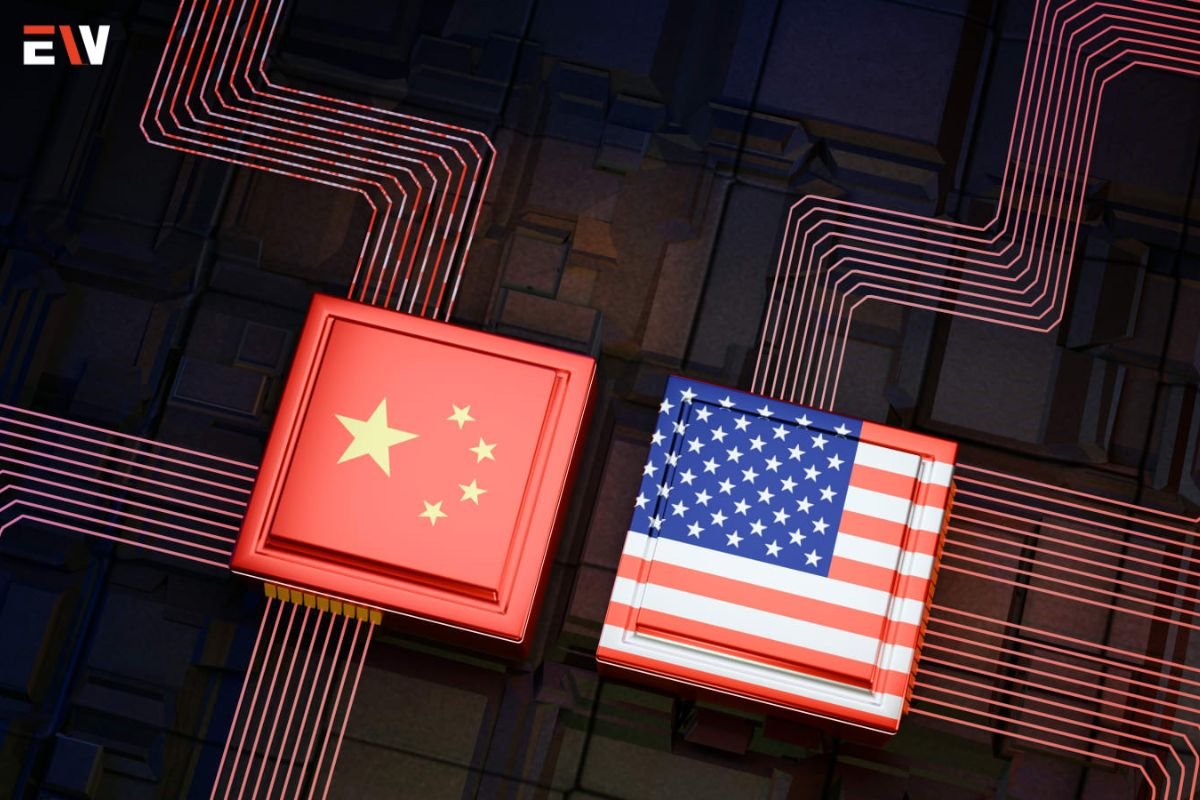Source- CNBC
Market Dynamics
Despite ongoing efforts by Washington to restrict chip sales to China and Beijing’s push for self-reliance in the semiconductor sector, China remains a crucial market for most American chipmakers. Data from S&P Global reveals that major U.S. chip giants such as Intel, Broadcom, Qualcomm, and Marvell Technology generate more revenue from China than from the United States.
Technological Priorities
Semiconductors, integral to a myriad of products ranging from smartphones to electric vehicles, have garnered significant attention from governments worldwide. China, as the largest consumer of semiconductors globally, accounts for nearly 50% of the market, driving demand for advanced chip technology.
Navigating Export Controls
Despite export controls imposed by the U.S., American chipmakers have endeavored to maintain business relations with Chinese clients. Even companies predominantly operating in the U.S., like Micron Technology, AMD, and Nvidia, have adapted to serve their Chinese clientele amidst regulatory challenges.
Policy Responses
Both the U.S. and China have responded assertively to developments in the semiconductor industry. While the U.S. tightens export controls, China has intensified efforts towards self-reliance, bolstering its domestic semiconductor industry through substantial subsidies to chip firms.
Market Share Concerns
China’s pursuit of self-reliance in semiconductors poses challenges for foreign companies, particularly if they lack a significant technological edge over domestic Chinese competitors. While Chinese firms innovate legacy chips, the bulk of which are currently manufactured by China, American companies like Nvidia and Intel maintain a considerable technological lead in certain market segments, such as the AI GPU sector.
“We believe China can still build up its local GPU supply chain for specific market segments, but the amount will be limited, and the cost will be much higher,” added Brady Wang, associate director at Counterpoint Research.
As the competition intensifies and geopolitical tensions persist, the semiconductor industry finds itself at a critical juncture. Both American chipmakers and Chinese chipmakers are navigating regulatory hurdles and striving to maintain their market positions amidst evolving technological landscapes and shifting geopolitical dynamics. The outcome of these efforts will not only shape the future of the semiconductor industry but also influence broader geopolitical and economic trends on the global stage.










